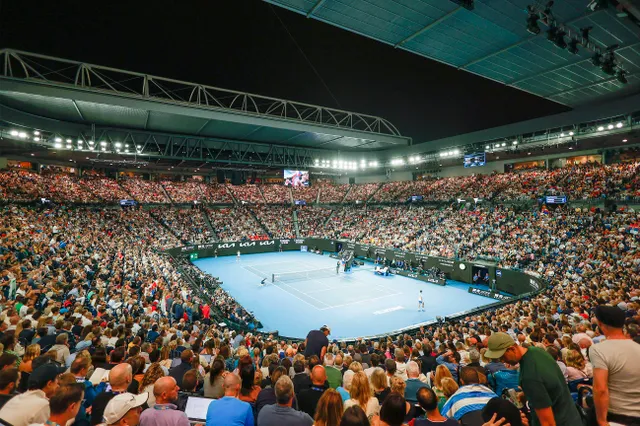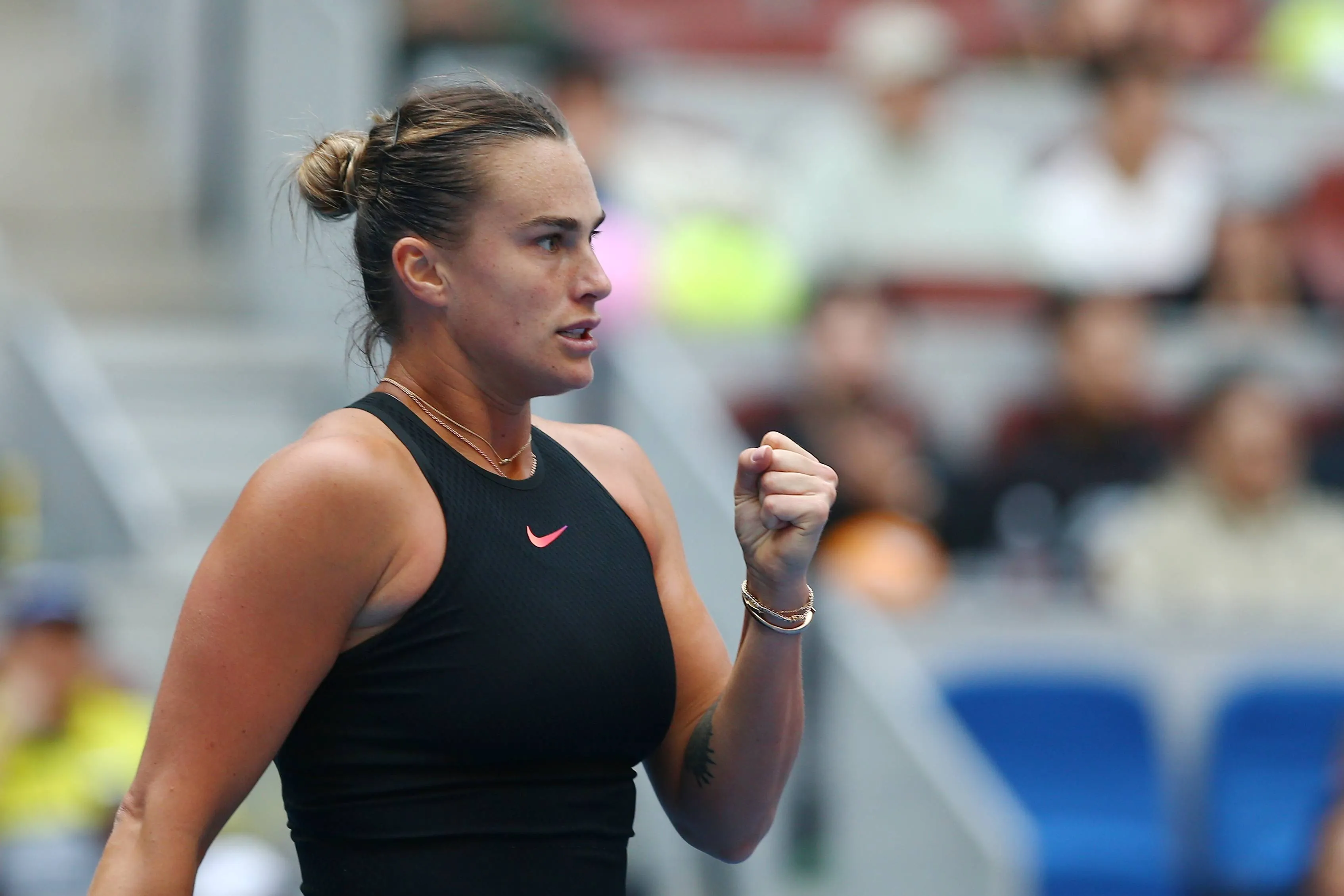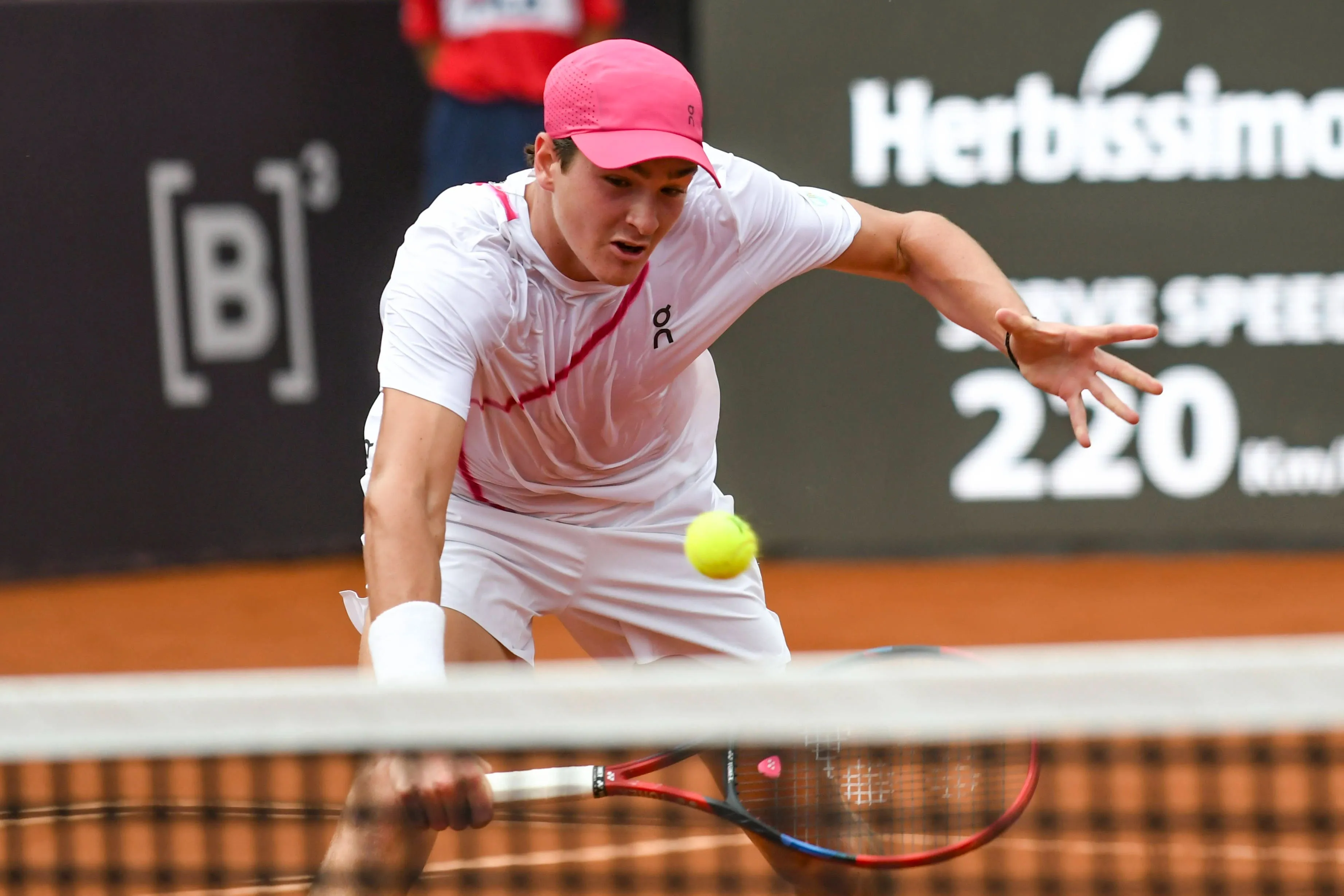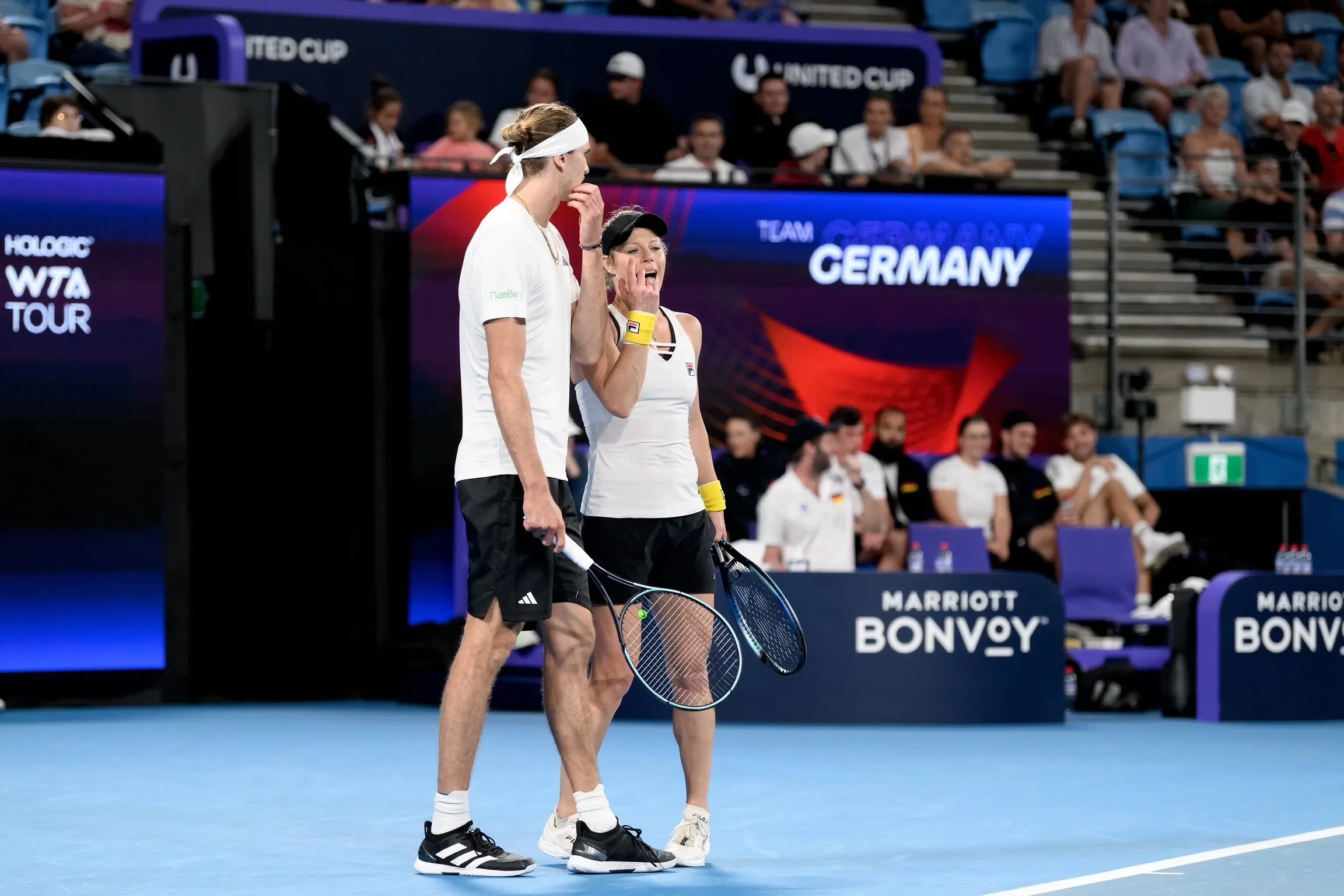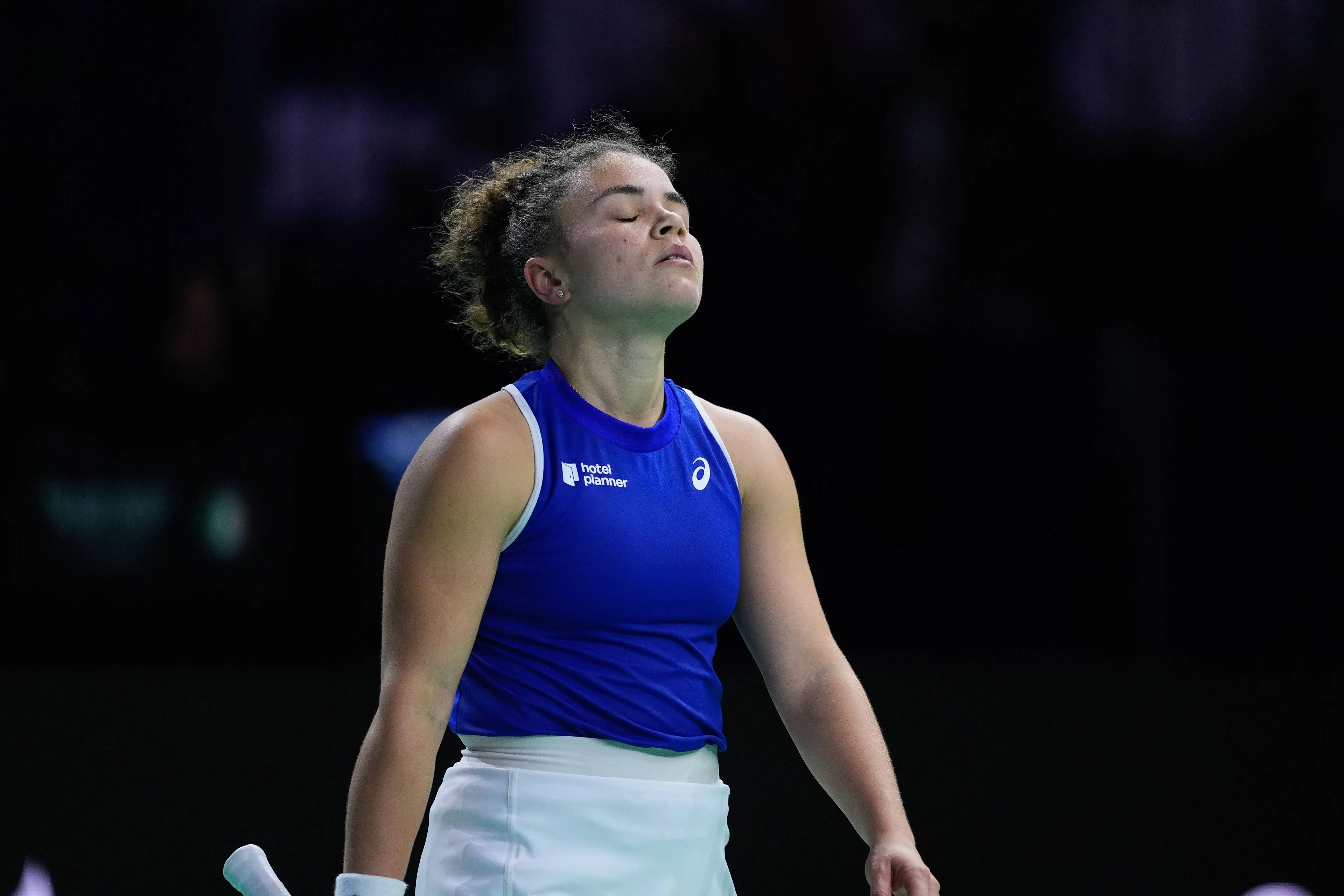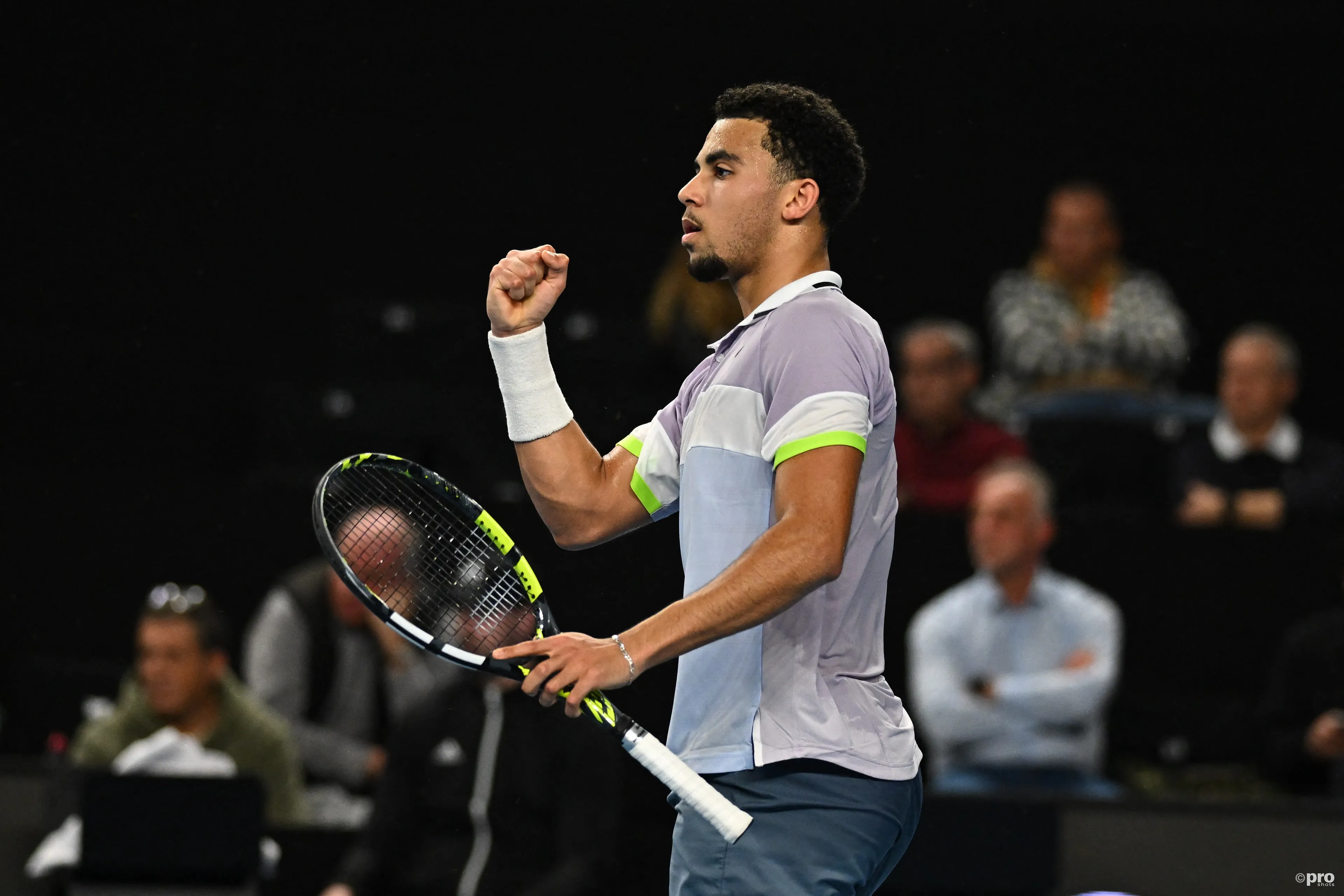Jenson Brooksby returns: From autism diagnosis to overcoming a suspension
ATP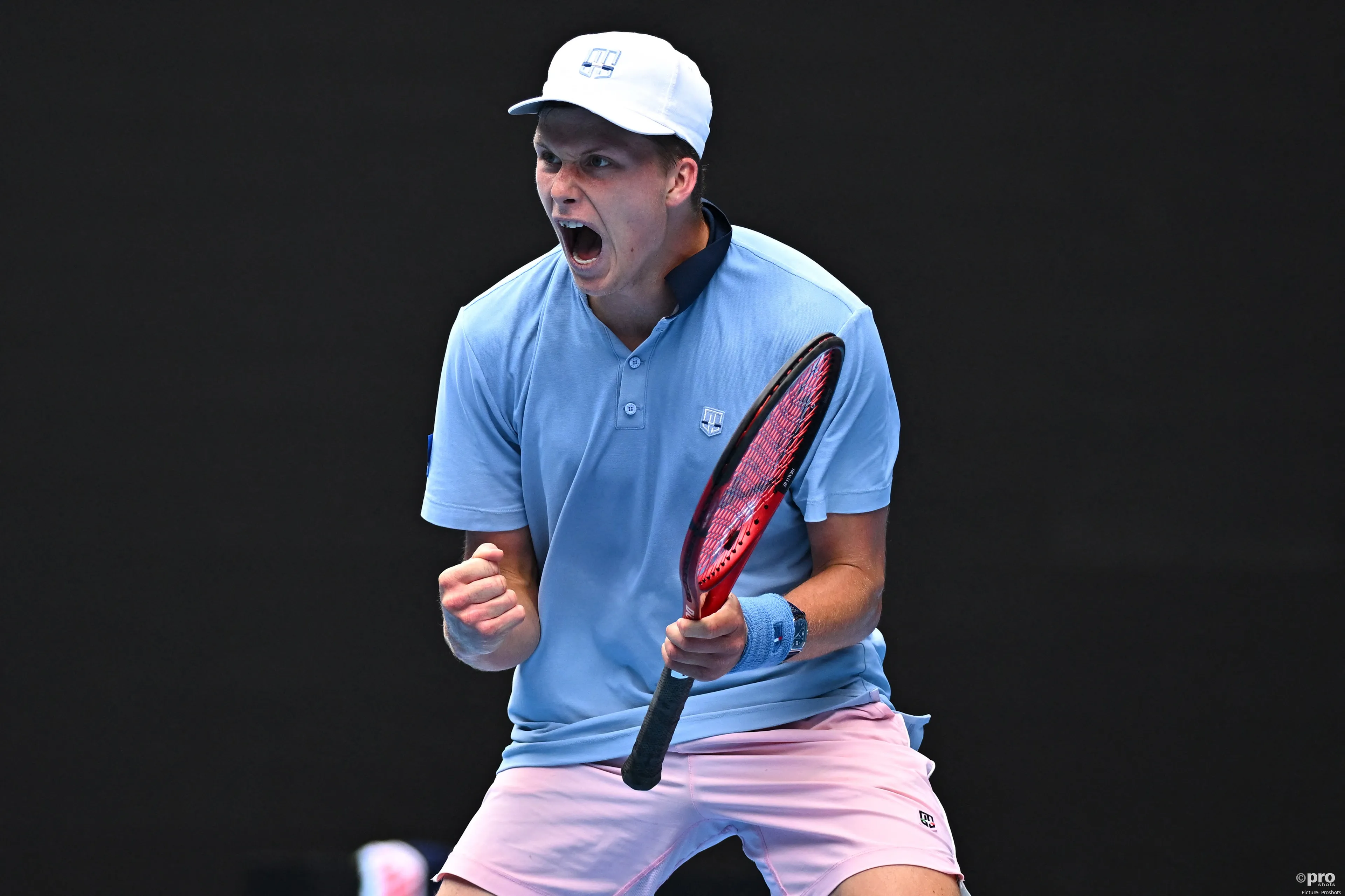
Former World No. 33 Jenson Brooksby recently opened up about his autism diagnosis, which he has lived with since the age of two and a half. The American was once regarded as one of the brightest talents of his generation, reaching his career-high ranking at just 21 years old and securing a couple of wins against top-5 players.
However, his career was abruptly halted when he received a suspension for missing three doping tests within a 12-month period. Initially banned until January 2025, Brooksby successfully appealed his case, and his suspension was shortened, allowing him to return in January this year.
Brooksby Reveals Autism Diagnosis in Candid Interview
The American plans to make his comeback at the Challenger event in Canberra to regain match fitness before heading to Melbourne, where he will use his protected ranking to compete in the Australian Open. This news came to light following the release of the tournament’s entry list.
In a recent interview with The Independent, the now 25-year-old player addressed his autism diagnosis for the first time, revealing that he was non-verbal until the age of four:“It’s ... just something I don’t want to have to keep to myself,” he shared.
“It’s obviously a personal topic that, even with people you may feel very comfortable with — in my mind, at least for a long time — it wasn’t (something) to just go blurting out as part of a conversation, you know? But I’ve always thought about it and ... I, eventually, just wanted to talk about it.”
Brooksby spent about 40 hours a week with therapists as a child “to be able to even just start talking ... (and) then to get better at communication and social situations.”
Read also
The American credits his autism for giving him “great strength” to handle “high-pressure moments” on the court, explaining that he focuses on “two or three specific details really well for a long period of time.” However, he acknowledged that it also “makes (tennis) a little tougher” when dealing with frustrations during matches.
Brooksby was suspended by the ITA in 2022, not for testing positive for banned substances, but for missing three drug tests within a year. He attributes one of the missed tests to a lack of communication with a doping control officer in the Netherlands, stating that it “was not due to any negligence on (the player's) part.”
Just In
Popular News
Latest Comments
- Why do you even publish this TwatCaster's PATHETIC stunt for attention? There's plenty of reasons why imbeciles like him are 'talking' and people like Iga Swiatek are 'walking the walk'. Tennisuptodate should be above this tripe.
 mandoist16-12-2024
mandoist16-12-2024 - If and when Political Correctness and gullible hearts over-rule BIOLOGY, the Human world begins its already seeming decline.
 mandoist15-12-2024
mandoist15-12-2024 - The new generation has arrived and these guys need to do it with the left overs.
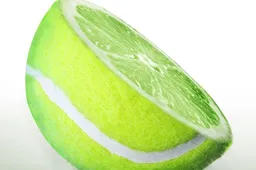 AceOfBase13-12-2024
AceOfBase13-12-2024 - Every young, inexperiend CEO has "better" ideas (and friends to hire).
 mandoist12-12-2024
mandoist12-12-2024 - What a load of nonsense. Emotional stress definitely didn’t cause her wrist or ankle injuries.Lyca10-12-2024
- Taylor Fritz 🎾 – the surprising third for many. 🎄 A great Christmas tree quiz question! 🎅✨MrAndreeva10-12-2024
- Simona Halep taking the axe out 🪓😮💨MrAndreeva08-12-2024
- ITIA is literally a Secret Organization. Way past time for a neutral entity to oversee, if not guide, these Elitists within ITIA whom enjoy their ability to keep their "investigations" in a business as usual format behind closed doors!!
 mandoist08-12-2024
mandoist08-12-2024 - Poor Emma has 3 problems I can see from the peanut gallery: 1. She has not shown the comittment it takes; tennis has not been her priority. 2. Her body seems to fail. Frailty is not an athlete's friend. 3. She is throwing everything at the wall to keep her sponsors.
 mandoist07-12-2024
mandoist07-12-2024 - As for ITIA -- who, or what entity, oversees this untrustworthy organization?? Too many recent cases of suspensions over tests proving minimal stats at best. Neither Iga nor Simona showed even a hint at prolonged use. Sinner, we don't know because the secrecy was extreme. Now we find ITIA flat-out LIED about speaking directly with the manufacturer of the drug in question associated with Iga. Are we to believe ITIA can be trusted? Not according to the past few years of questionable corporate conduct. ITIA can no longer be trusted to fairly regulate nor investigate itself... so who or what will??
 mandoist06-12-2024
mandoist06-12-2024

